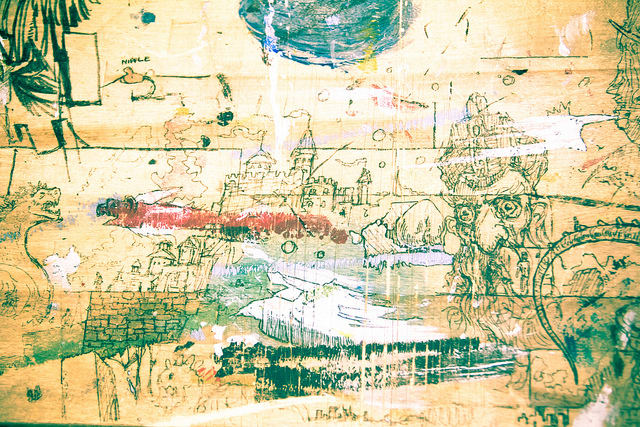Luck plays a significant role in business success. Not just in the mere fact of success, but in the magnitude of any given company’s triumphs. We tend to overlook this reality because of a mental distortion called survivorship bias. It is a common cognitive failure, and a dangerous one because it obscures the distastefully harsh nature of the world.
We love to fantasize that emulating the habits of extraordinary entrepreneurs like Bill Gates and Elon Musk will catapult the most talented imitators to the stars. In reality, there are plenty of would-be titans of industry who simply weren’t in the right place at the right time. Even with a great product, they could have failed to make the crucial personal connection that would have accelerated their endeavor to the next level.
Survivorship bias is best summed up by a sardonic XKCD comic: “Never stop buying lottery tickets, no matter what anyone tells you,” the stick figure proclaims. “I failed again and again, but I never gave up. I took extra jobs and poured the money into tickets. And here I am, proof that if you put in the time, it pays off!”
“The hard part is pinning down the cause of a successful startup,” a pseudonymous commenter on Hacker News wisely noted. “Most people just point at highly visible things,” such as hardworking founders or a friendly office culture. “The problem is that this ignores the 5,000 other startups that did all those same things, but failed.”
Ambitious people with incisive minds may be fewer than schmucks, and certainly multi-billionaire CEOs tend to be both brilliant and driven. Yet there are scads of brilliant, driven people who will never make it onto the cover of a prestigious magazine. Or any magazine.
Consider the mythology around hoodie-wearing college dropouts. Y Combinator founder Paul Graham once joked, “I can be tricked by anyone who looks like Mark Zuckerberg.” The quip is funny because it mocks a real tendency among venture capitalists: Pattern-matching to a fault.
In the same vein, a stunning proportion of partners at VC firms graduated from a handful of tony universities, as if the seal on a person’s diploma were what indicated investing abilities. (Granted, the incidence of leveraged social connections and postgraduate degrees may amplify that trend.)
Steve Jobs, along with Zuckerberg and Bill Gates, became fantastically successful after quitting school to start a company. “How many people have followed the Jobs model and failed?” Scientific American asked rhetorically in 2014. “Who knows? No one writes books about them and their unsuccessful companies.”
The press inadvertently helps perpetuate survivorship bias. People find famous entrepreneurs fascinating and inspirational, so journalists write about them extensively. The general public is primarily interested in the fates of companies that are household names or close to that status. And of course, reporters themselves are susceptible to survivorship bias just like anyone else. This is reflected in their coverage.
So what’s the antidote? Well, it’s boring: Being careful and thorough. Make sure to look for counterexamples whenever you think you’ve identified a trend or a pattern. Resources do exist, although not always on the first page of Google results.
For example, CB Insights compiled a list of 242 startup postmortems from 2014 through 2017. The analysts wrote, “In the spirit of failure, we dug into the data on startup death and found that 70% of upstart tech companies fail — usually around 20 months after first raising financing (with around $1.3M in total funding closed).”
Most of all, don’t let the headlines rule your worldview. “The press is a lossy and biased compression of events in the actual world, and is singularly consumed with its own rituals, status games, and incentives,” as three-time SaaS founder Patrick McKenzie put it.
Listen to Walter Lippmann, in his 1922 book Public Opinion. “Looking back we can see how indirectly we know the environment in which nevertheless we live,” Lippmann wrote, reflecting on the inaccuracies of tick-tock reporting during World War I. “We can see that the news of it comes to us now fast, now slowly; but that whatever we believe to be a true picture, we treat as if it were the environment itself.”
